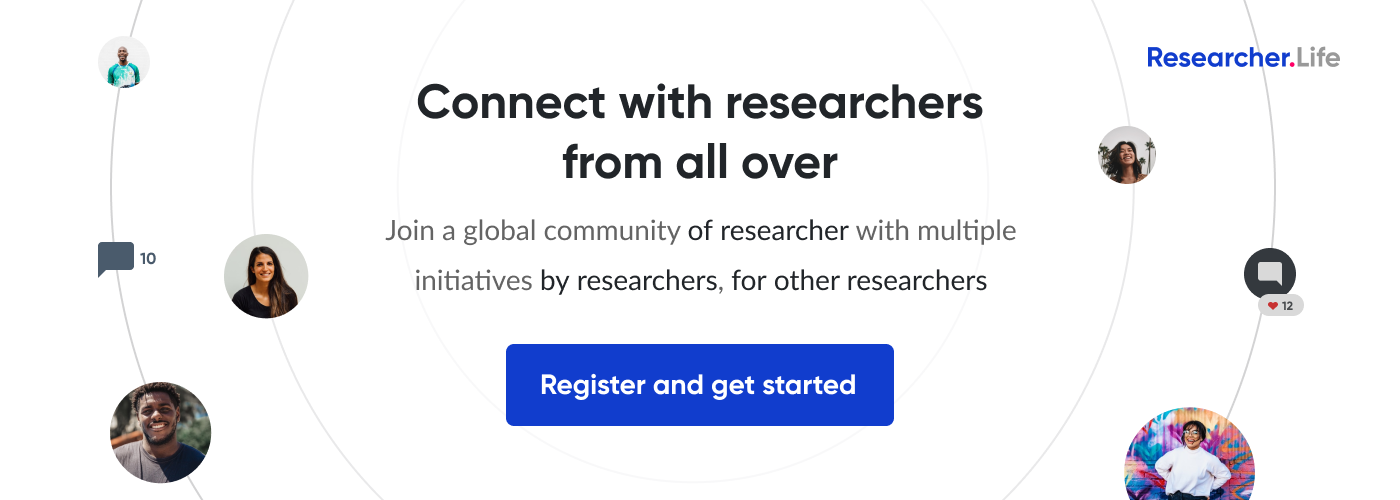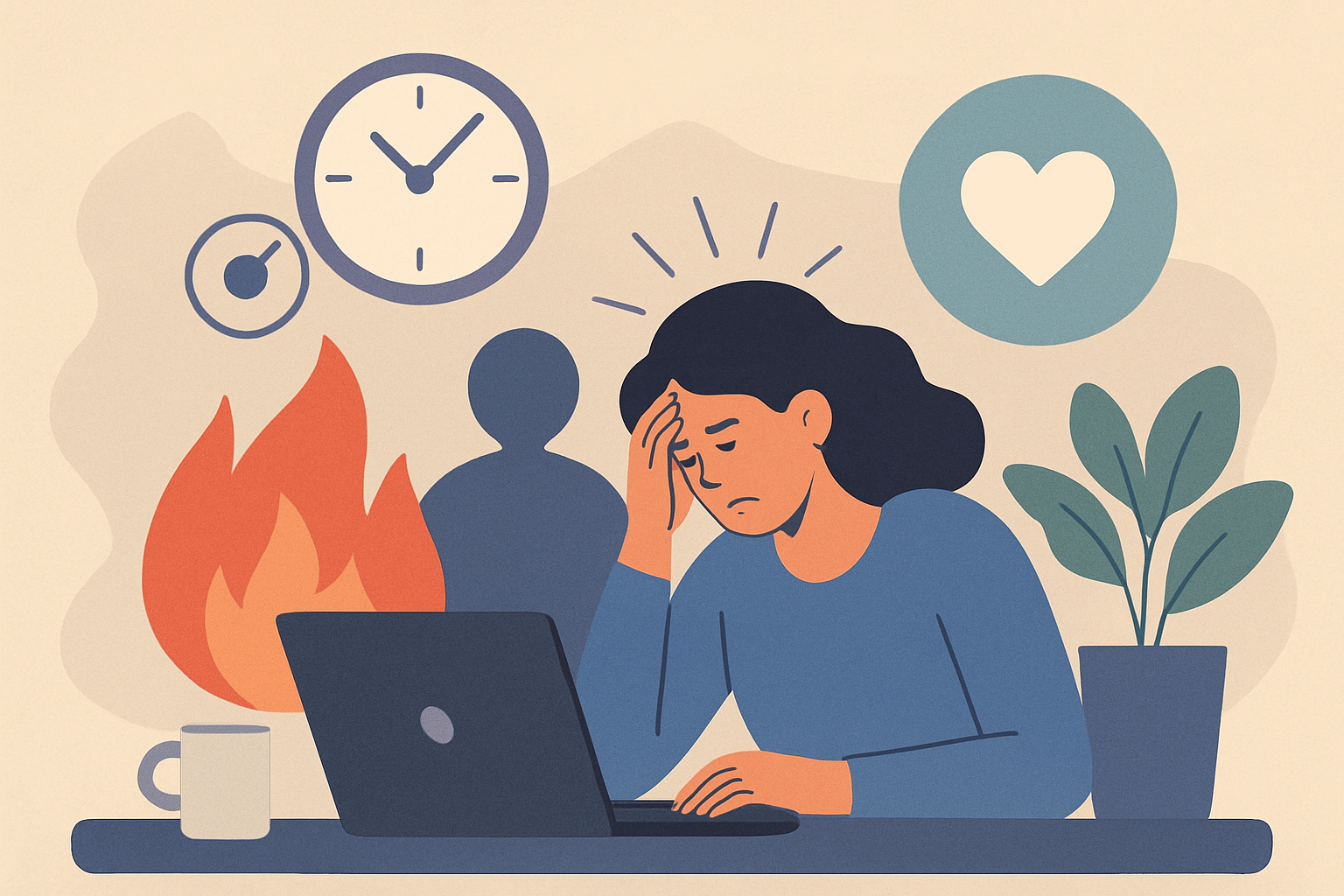Stacks of Support: The Indispensable Role of Academic Libraries in Championing Researchers’ Wellbeing

In the high-stakes world of academic research, the pressure to publish, secure funding, and maintain an intellectual edge can take a serious toll on researchers’ mental health.
An internal survey conducted at IIT-Kanpur found that 80% of PhD students face mental health issues, with an alarming 60% even considering quitting their programs. These concerns are also reflected in another report published in 2023. The report indicates that between 2016 and 2023 there has been a significant increase—from 6% to a concerning 16%—in the number of undergraduate students at universities throughout the UK who reported facing mental health challenges. It also highlights that among students contemplating dropping out, mental health concerns emerged as the chief factor influencing students’ decisions. The report also highlights how these issues disproportionately affect specific demographics of students.
With more open conversations and awareness about academic mental health, academic mental health is gaining more emphasis in the research landscape. A 2021 survey indicates that nearly 75% of college presidents viewed it as their top concern.
Librarians on the front lines of researcher wellbeing
In a webinar celebrating World Mental Health Day 2022 organized by Nature, the discussion emphasized the crucial role that librarians play in supporting researchers’ mental health. Unlike their research supervisors who often have a significant amount of authority over their career outcomes, librarians tend to create a more approachable and less intimidating atmosphere for researchers. This difference in dynamic allows researchers to feel more at ease, letting their guard down, which encourages open dialogue. Furthermore, university librarians are equipped with a distinctive set of skills that uniquely position them to assist researchers, including their proficiency in looking for specific information and establishing connections with relevant resources and stakeholders, which can enhance the support available on campuses. They can also foster a sense of community and offer practical support, solidifying their role in supporting researchers’ mental health.
It’s interesting to consider how librarians often have deeper insights into the struggles that researchers face, including mental health struggles. Libraries are on the front lines, engaging with researchers who may be overwhelmed by their workload, deadlines, or other pressures in their research journeys. Librarians can not only direct them to suitable support services and resources but also serve as empathetic listeners, creating a supportive environment. Such a relationship highlights the important role of librarians in supporting researchers and fostering mental wellbeing within academic settings.
1. Curating mental health-focused collections
In light of the long-standing functions of academic libraries, one of the effective and conventional strategies they can employ to enhance the well-being of researchers is through bibliotherapy by developing curated collections that focus on researchers’ wellness needs. By carefully selecting materials that address various aspects of mental well-being, libraries can provide researchers and students with easy access to verified and reliable tools and information that can help them navigate their academic journeys. This commitment not only fosters personal growth but also empowers researchers to thrive academically and socially.
At Penn State Berks Thun Library, an observable rise in anonymous comments on student engagement boards regarding mental health challenges prompted a proactive response from librarians. Taking the initiative, they partnered with Berks Campus Counseling Services to develop the Wellness Collection, which aims to provide critical resources and support for students navigating these difficulties.
2. Facilitating social engagements and support networks
It is not uncommon for researchers to move away from their hometowns to pursue their studies, with some even moving across countries and continents. While such experiences can indeed be enriching, it can also present challenges like feelings of isolation and difficulties in finding social or support networks in new environments, impacting researchers’ day-to-day lives. Given their experience within the academic sphere, librarians are often well-informed about the unique challenges that researchers encounter. And they can offer valuable assistance and access to resources that can help ease some of these struggles. Additionally, libraries serve as essential hubs in university campuses, giving researchers a comfortable environment and space to connect, socialize, and collaborate with peers from diverse backgrounds, fostering a sense of community.
Beyond offering research support and technological services, the John C. Hodges Library at The University of Tennessee, Knoxville, hosts The Commons, a student-focused area designed for both study and social interaction.
3. Organizing wellness workshops and activities
Given the high-pressure academic environment, academic libraries have a unique opportunity to engage with researchers by organizing wellness programs and activities designed to address the specific mental health support needs and overall wellbeing of researchers. Such initiatives can provide valuable opportunities for researchers to enhance mental health awareness, learn actionable strategies for coping, and build connections with others who share similar experiences. Such programs can include hosting mindfulness workshops, stress management seminars, and informative talks.
The University of Manchester Library offers a variety of skills development programs, along with comprehensive counseling and mental health services, and workshops, all designed to promote the well-being of students and researchers. The University of Florida’s George A. Smathers Libraries offers nature walks and visits with therapy dogs, catering to diverse needs and preferences.
4. Creating safe spaces
While libraries indeed serve as a hub for learning and collaboration, they can be sanctuaries where students and researchers can find solace and respite from the stresses of academic life. The favorable locations and extended operating hours of campus libraries, along with their role as convenient meeting points, make them ideal spaces for addressing the growing needs for relaxation and mental well-being among researchers. Librarians can create physical spaces and environments that promote mindfulness, allowing students the opportunity to unwind. Some university libraries are also supporting researcher well-being by incorporating elements of play.
The Meditation Room at the University of Miami Libraries is designed to be a space to be used for activities like meditation and prayer. Similarly, the NC State University Libraries offers researchers and students access to TV shows, movies, video games, and live event streams.
Conclusion
By providing access to relevant and reliable resources, supportive spaces, and programs that foster engagement and connection, libraries contribute significantly to creating a more holistic and supportive environment for all members of the academic community.








